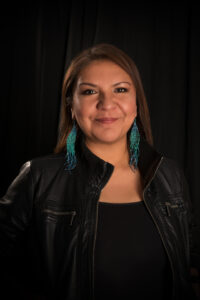
[Originally posted on ECU News]
Warren, an accomplished arts professional who has worked across the country and internationally, began her appointment Sept. 27.
Emily Carr University is pleased to announce the appointment of curator, writer, educator and arts administrator Daina Warren (BFA 2003) as Executive Director, Indigenous Intiatives.
Warren is a member of the Akamihk Montana First Nation in Maskwacis, Alta. Her appointment, which began Sept. 27, 2023, comes after an extensive international search led by Leaders International, a firm specializing in Indigenous and diversity recruitment practices.
“I am very thankful that Daina has decided to come work at Emily Carr,” says Trish Kelly, Interim President + Vice-Chancellor at ECU. “Aside from her warmth, kindness and intelligence, she is a deeply committed and engaged practitioner. Through her work and studies over the years, she’s forged enduring connections with ECU and the broader BC community. And her longstanding emphasis on supporting Indigenous-focused cultural production and learning is extraordinary. She is a person of exceptional integrity and vision, and we’re lucky to have her.”
Warren comes to the university from Santa Fe, New Mexico, where she worked both as an independent curator and as Program Manager of the Artist-in-Residence Program at the Institute of American Indian Arts. She holds a BFA in Visual Arts from Emily Carr University and a Master of Arts in Art History (Critical and Curatorial Studies) from the University of British Columbia.
“I’m thrilled to be returning to Emily Carr,” Warren says. “When I was studying at ECU, I remember how exciting and fresh everything felt. It was such an important time for me. It feels incredible to be able to be a part of that again, and to work with the AGP to support Indigenous programming and creative practice for students, staff and faculty. I feel very grateful for this opportunity.”
From 2000 to 2002, between her diploma and BFA studies at Emily Carr University, Warren was a curator-in-residence at grunt gallery in Vancouver through Canada Council’s Assistance to Aboriginal Curators for Residencies in the Visual Arts program. This led to a permanent position with grunt, where she remained as Associate Curator and Administrator until 2008. During this same period, Warren served for four years as Curatorial Assistant and Arts Administrator with the LIVE Biennale of Performance Art in Vancouver.
In 2010 and 2011, she worked as the Canada Council Aboriginal Curatorial Resident at the National Gallery of Canada in Ontario. There, she curated the group exhibition Don’t Stop Me Now. Other exhibitions of note include If These Walls Could Talk and Contains Animal Byproducts!, created for the CODE Screen 2010 Vancouver Olympics project.
From 2011 to 2022 she worked as Director and Curator at Urban Shaman Contemporary Aboriginal Art in Winnipeg, Manitoba. During her time with Urban Shaman, she mentored a half dozen individuals in arts programming development, arts administration, grant writing, installation and preparatory work.
Warren has co-instructed courses with Dr. Jessica Jacobson-Konefall at both the University of Manitoba and the University of Winnipeg. She has served as a grant jury assessor for organizations ranging from Emily Carr University and the City of Vancouver to the Ontario Arts Council, British Columbia Arts Council and Canada Council for the Arts. She has given curatorial talks and been an invited speaker at institutions across the country as well as internationally.
In 2015, Warren was awarded the Emily Award from Emily Carr University. That same year, she was selected as one of six Indigenous women curators as part of the Canada Council for the Arts Delegation to participate in the International First Nations Curators Exchange in Australia (2015), New Zealand (2016) and Canada (2017). In 2018, she won the Hnatyshyn Foundation Award for Curatorial Excellency. In 2020, she participated in the 22nd Biennale of Sydney, NIRIN, on invitation from Australia Council for the Arts’ Visiting International Curators program. In 2022, Daina received the Manitoba Arts Award of Distinction, which is awarded biannually in recognition of the highest level of artistic excellence and contribution to the development of the arts in Manitoba.
Watch ECU’s Alumni Stories video spotlight on Daina Warren, produced in 2015 on the occasion of her Emily Award recognition.
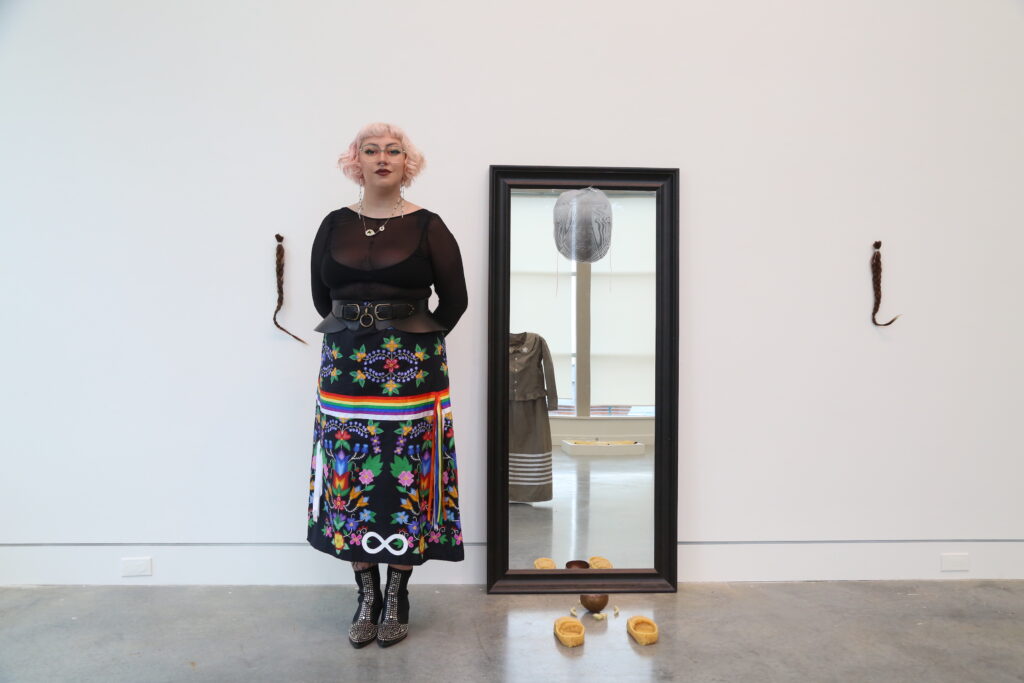
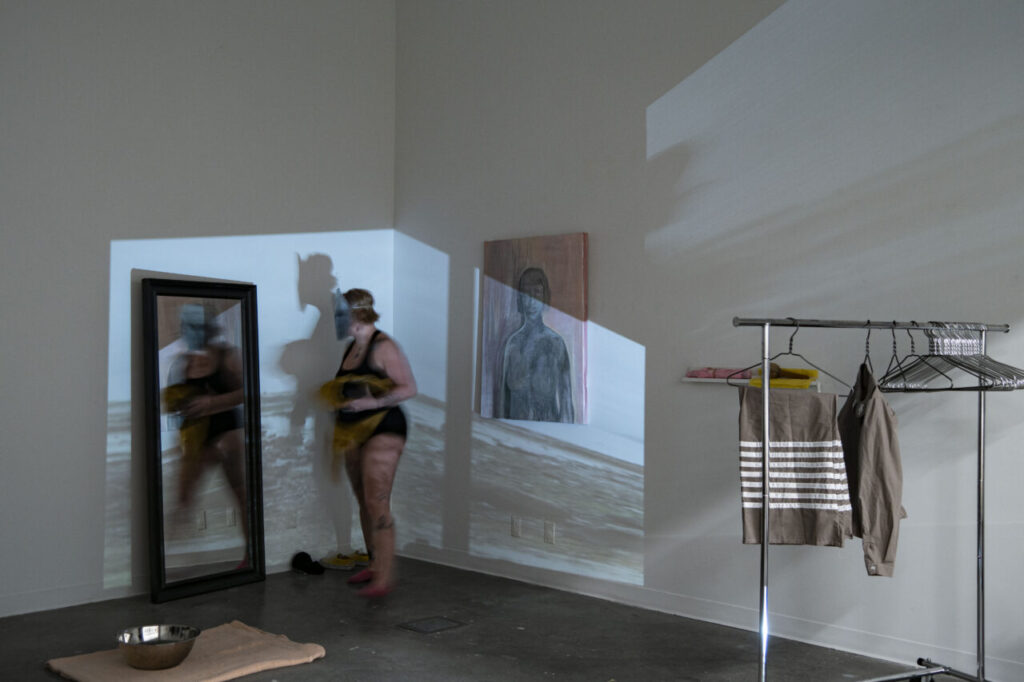
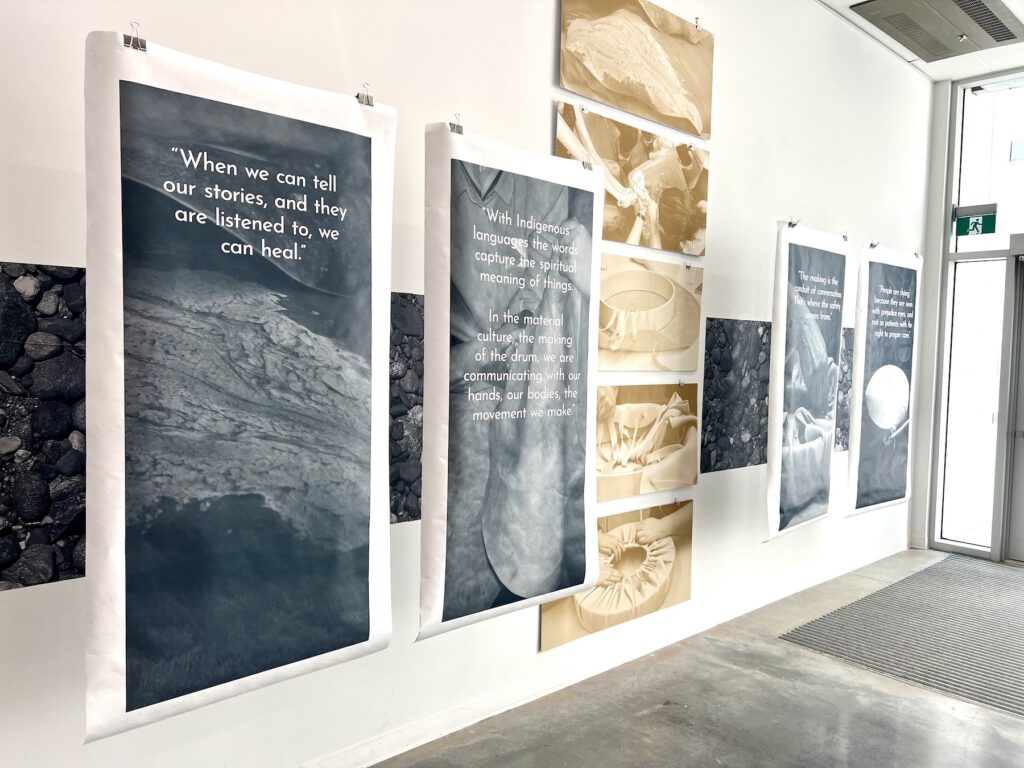
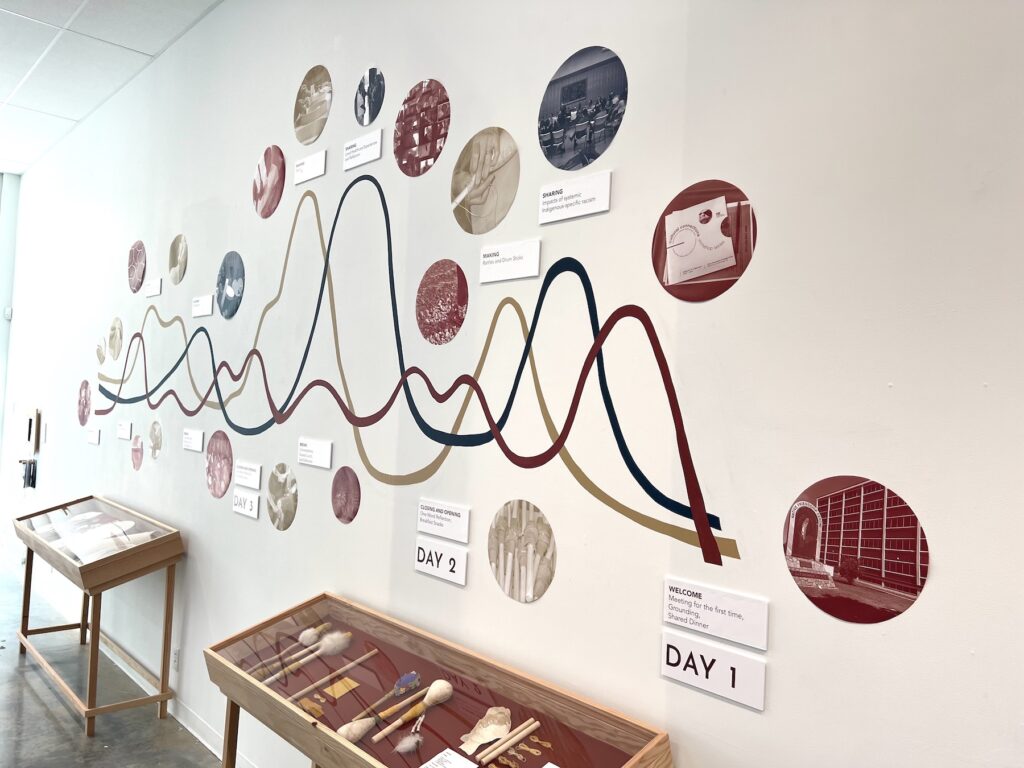
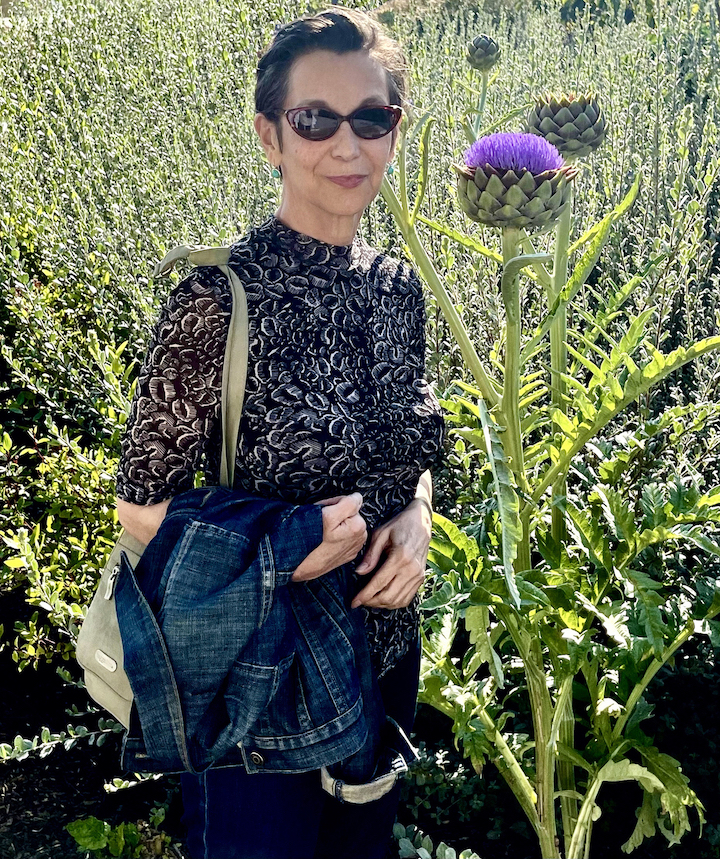
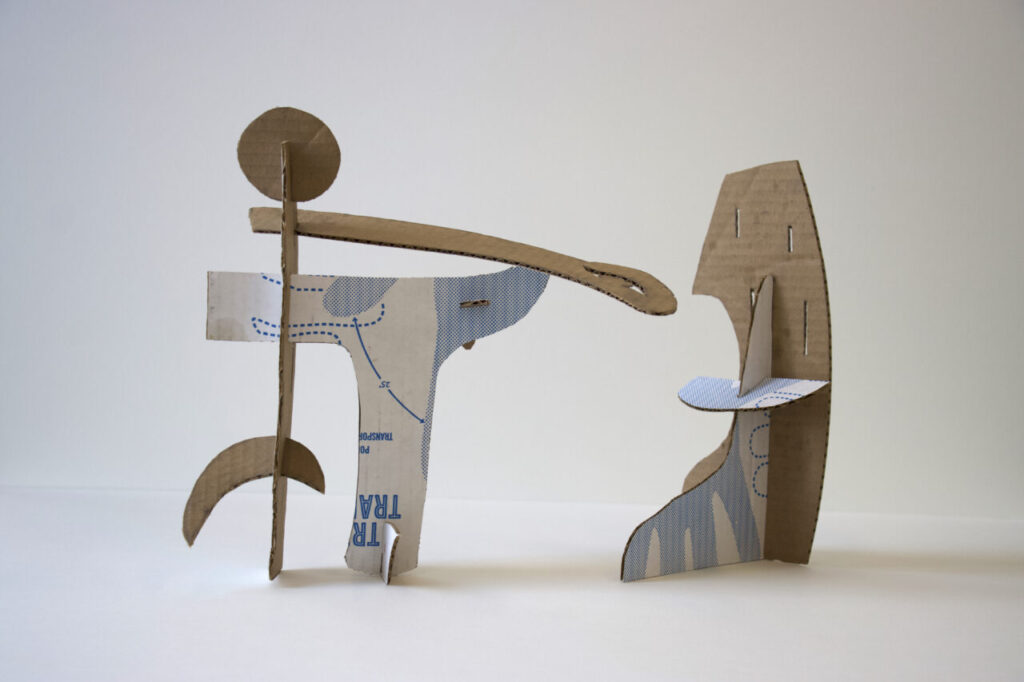
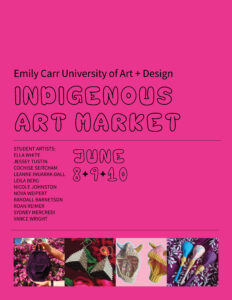
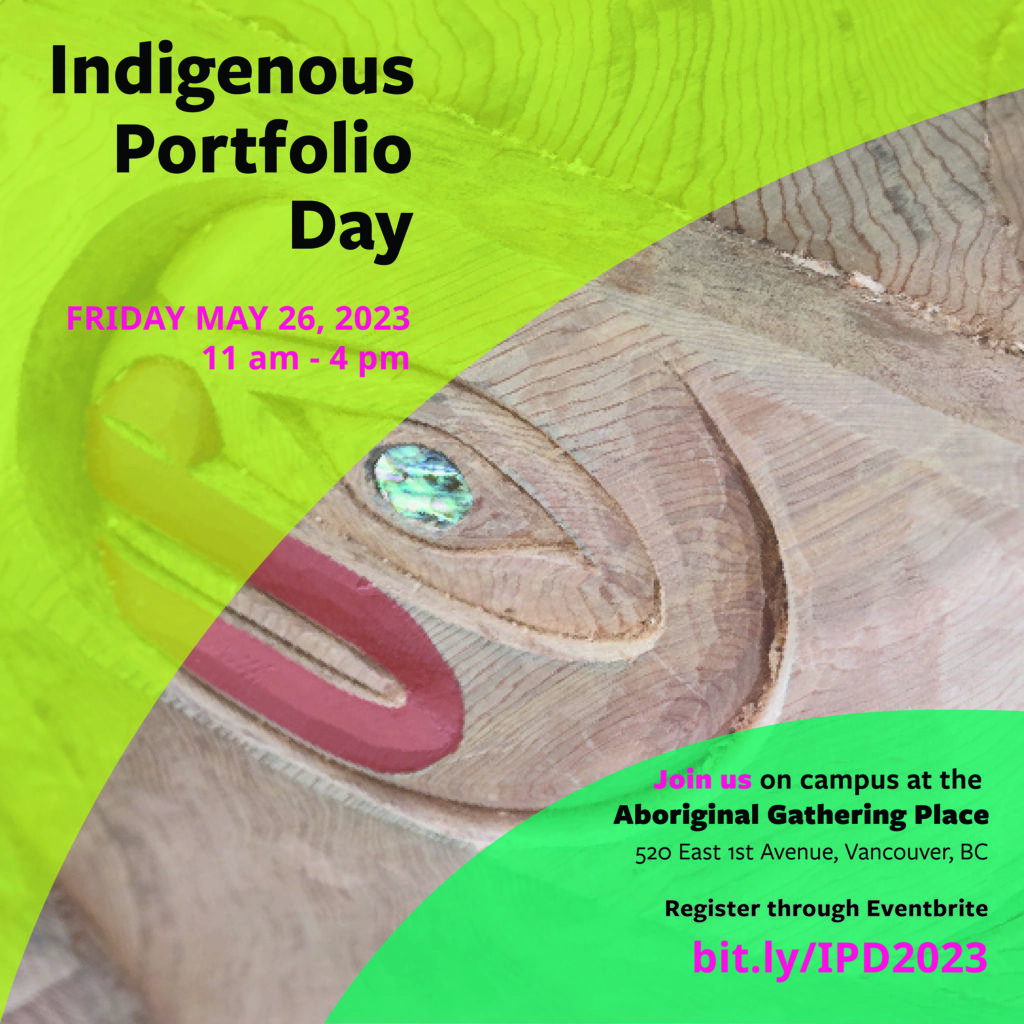
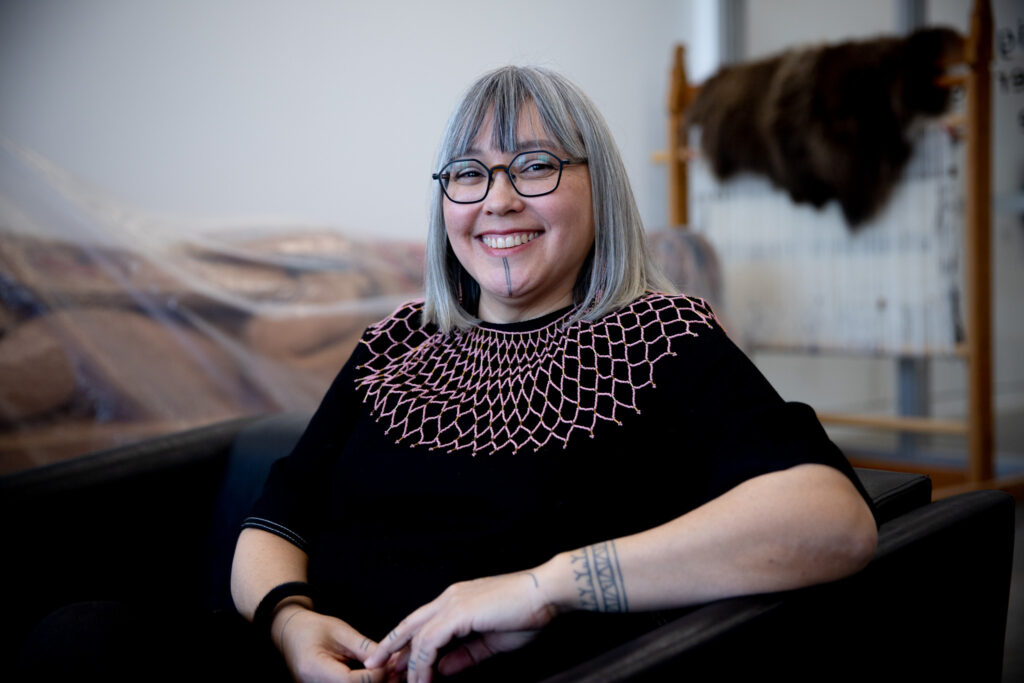
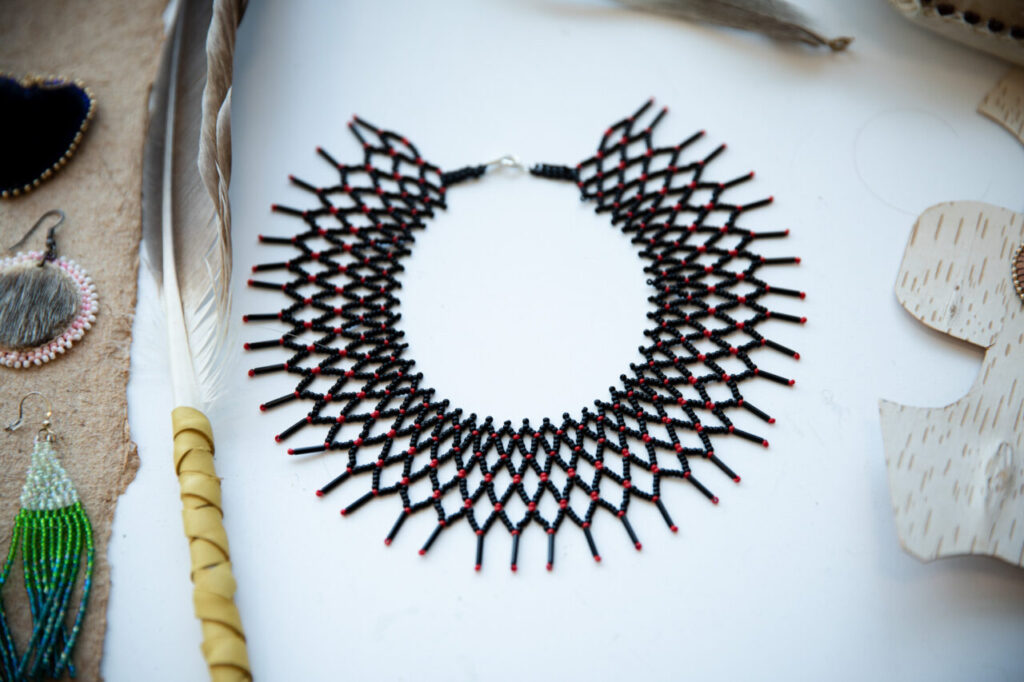
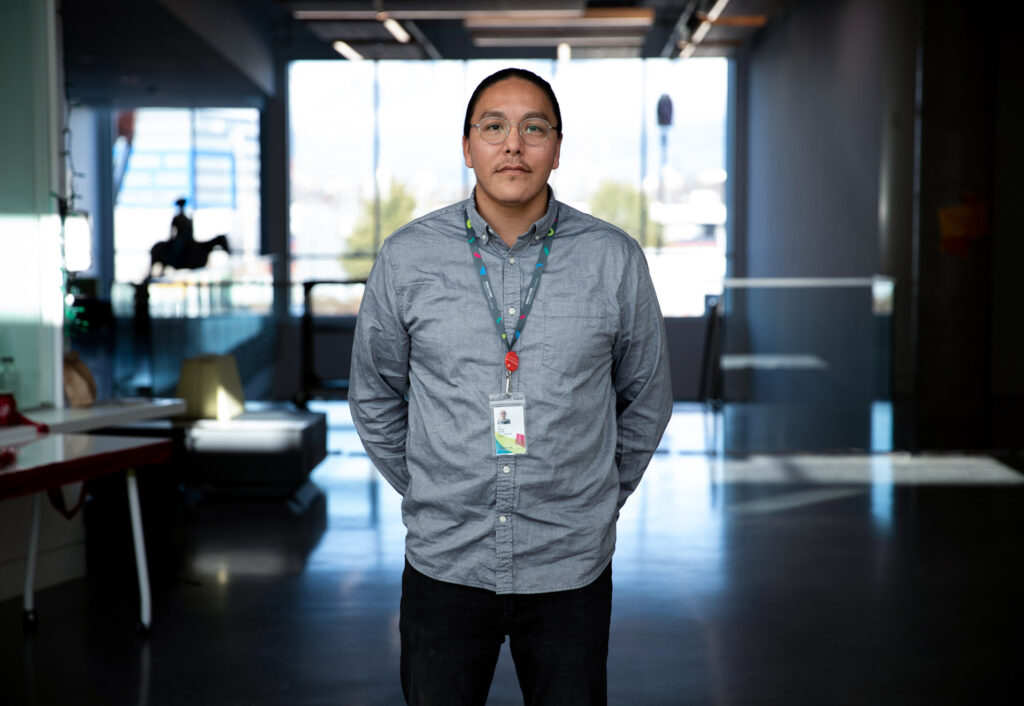
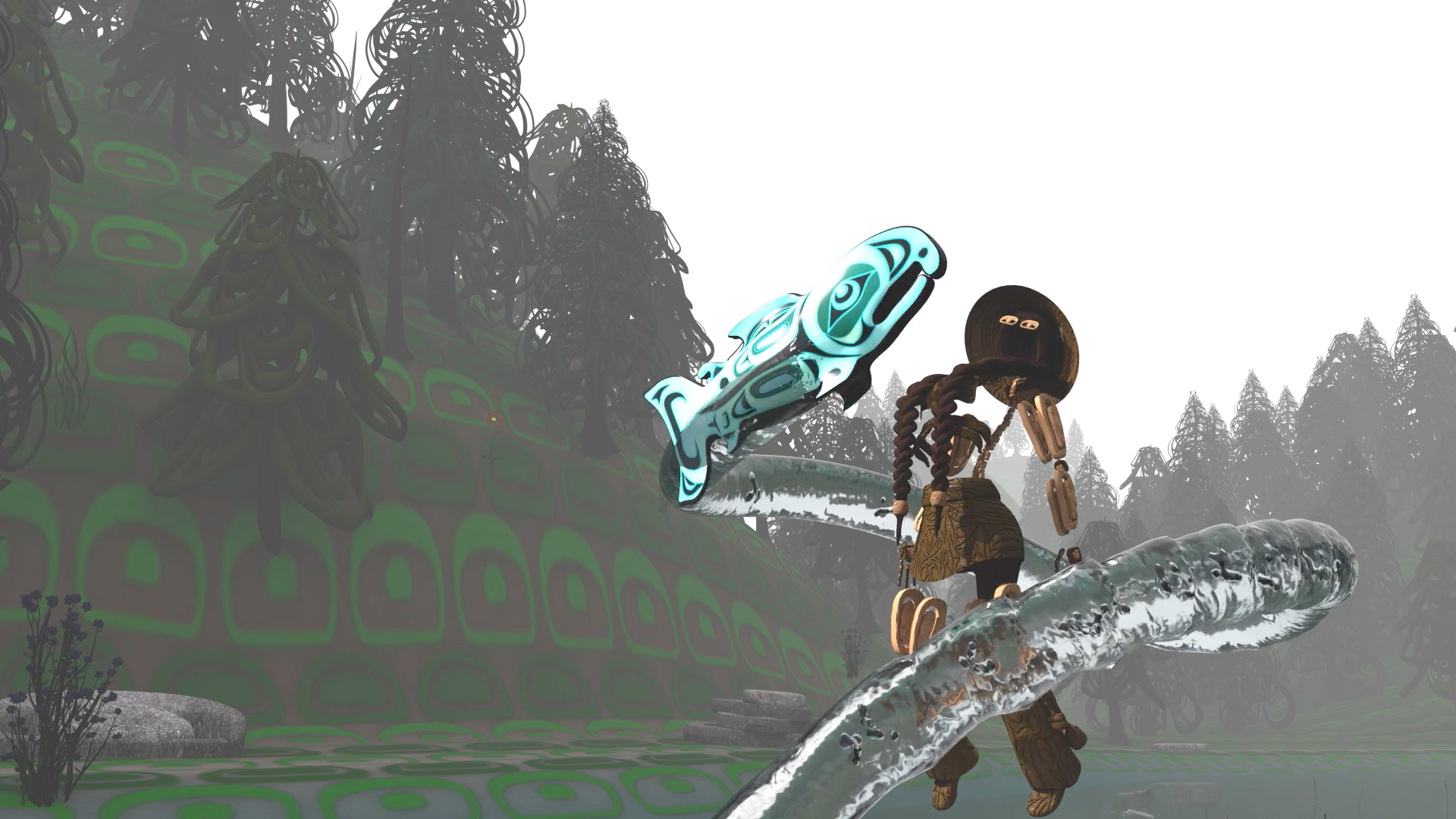 [image courtesy of Frankie McDonald]
[image courtesy of Frankie McDonald]